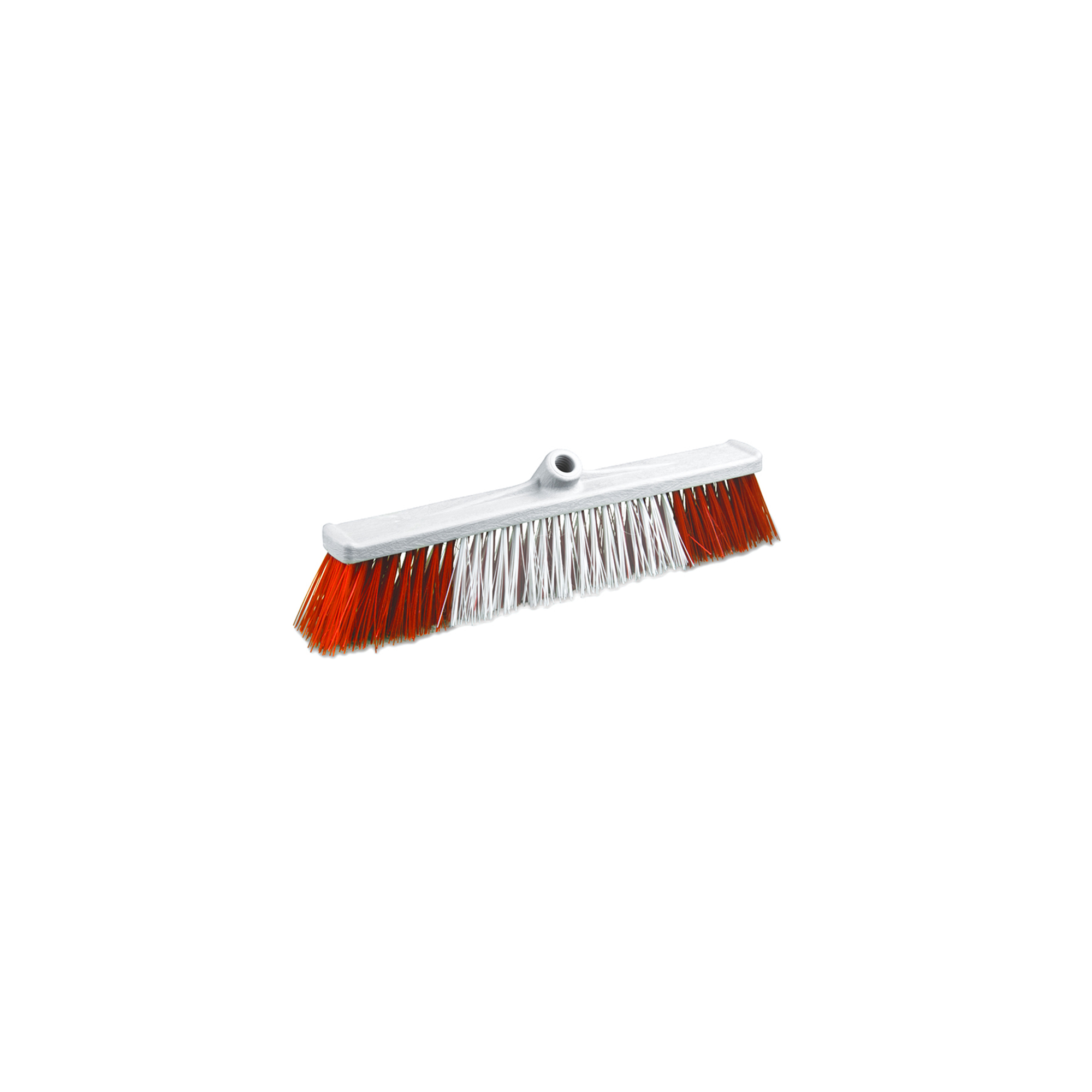Choosing the right outdoor brush is a significant decision, especially if you’re tackling a large property or facing challenging terrain. The age-old question then arises: should you buy your outdoor brush online or in-store? Both options offer distinct advantages and disadvantages, and the best choice depends entirely on your individual needs and priorities. Let’s delve into the specifics to help you make an informed decision.
Online vs. In-Store: Weighing the Pros and Cons

Buying an outdoor brush online offers unparalleled convenience. You can browse a vast selection from the comfort of your home, compare prices across multiple vendors, and read detailed customer reviews – all without stepping foot in a store. Online retailers often offer competitive pricing and even seasonal sales, allowing you to potentially snag a bargain. However, the absence of hands-on experience is a significant drawback. You can’t physically inspect the brush, feel its weight, or assess its build quality. This lack of tactile interaction can lead to buyer’s remorse if the product doesn’t meet your expectations.
In contrast, visiting a physical store allows you to interact directly with the brush. You can get a feel for its size and weight, assess the quality of its materials, and even ask questions of knowledgeable staff. Many stores offer test drives or demonstrations, allowing you to get a better understanding of its performance capabilities before committing to a purchase. However, in-store shopping sacrifices the convenience of online shopping; you need to physically travel to the store, potentially spending valuable time searching for the perfect model. In-store pricing might also be less competitive compared to online deals.
Understanding the Importance of Torque
Torque is the rotational force that an engine produces. In the context of an outdoor brush, torque is crucial for effectively clearing tough brush and debris. Higher torque translates to more power, allowing you to tackle denser vegetation and challenging terrain with greater ease. When comparing different models, look for higher torque ratings, especially if you anticipate tackling thick brush or rocky ground. Think of it like this: you need more torque to break through stubborn obstacles than you would to trim delicate plants. Manufacturers will specify torque in pound-feet (lb-ft) or Newton-meters (Nm).
Engine Options: Gas vs. Electric

Outdoor brushes typically come with gas or electric engines. Gas-powered brushes generally offer greater power and torque, making them ideal for large properties and challenging terrain. However, they require regular maintenance, including refueling and occasional tune-ups. Gas engines also tend to be louder and produce emissions. Electric brushes, on the other hand, are quieter, cleaner, and require less maintenance. They’re a great choice for smaller properties and eco-conscious users. However, they typically offer lower torque and might struggle with extremely dense vegetation. Battery life is also a consideration; ensure the battery capacity meets your needs.
Torque and Towing Specs: A Detailed Comparison
Let’s say we’re comparing two popular models: the “BrushMaster 5000” and the “GreenGiant 4000”. The BrushMaster 5000 boasts a powerful gas engine with 25 lb-ft of torque, while the GreenGiant 4000, an electric model, offers 15 lb-ft. This difference in torque is significant. The BrushMaster will more easily power through dense brush, while the GreenGiant may struggle, potentially leading to slower work or even stalling. Towing capacity is another important factor. If you intend to use a trailer for debris removal, you need to choose a brush with a suitable towing capacity – a spec often overlooked. Check the manufacturer’s specifications carefully.
Competitor Comparison: Finding the Right Fit

Several manufacturers produce outdoor brushes, each with its strengths and weaknesses. Researching competitors helps you understand the range of available options and identify the best value for your money. Consider factors beyond just torque and engine type, including warranty length, user reviews, and the availability of spare parts. Reading independent reviews on sites like Amazon or specialized outdoor equipment forums can be invaluable in making your decision. Consider factors like the brush’s weight and ease of use – a cumbersome machine will make the job much harder, even with high torque.
Practical Advice: Before You Buy

Before purchasing, consider the size of your property and the density of the vegetation you need to clear. This will inform your choice between a gas and electric brush, and determine the required torque. Think about the terrain – rocky or uneven ground requires more robust equipment than level terrain. Assess your budget realistically – consider not only the initial purchase price but also ongoing maintenance costs (fuel, oil, repairs) and the potential need for replacement parts. Finally, read the user manuals and safety instructions carefully before operating the equipment.
Conclusion: Online or In-Store – Your Call
Ultimately, the decision of whether to buy your outdoor brush online or in-store depends on your comfort level with online shopping, your willingness to invest time in research and comparison, and your desire for a hands-on experience before purchase. Online shopping offers convenience and potential cost savings, while in-store shopping provides the valuable benefit of physically inspecting the equipment. By carefully considering these factors, and by prioritizing torque, engine type, and other relevant specifications as discussed above, you can select the outdoor brush that best fits your needs and budget, ultimately making yard work a more efficient and enjoyable process.